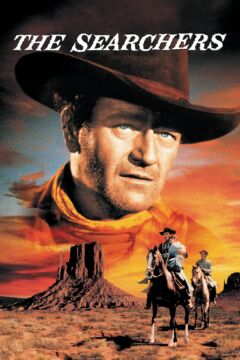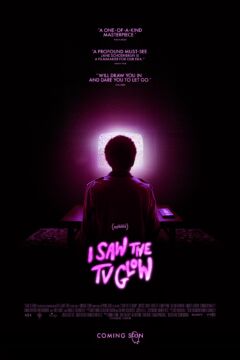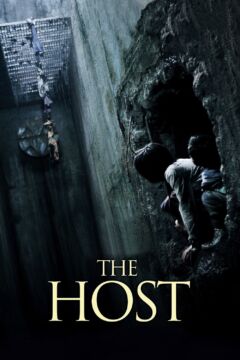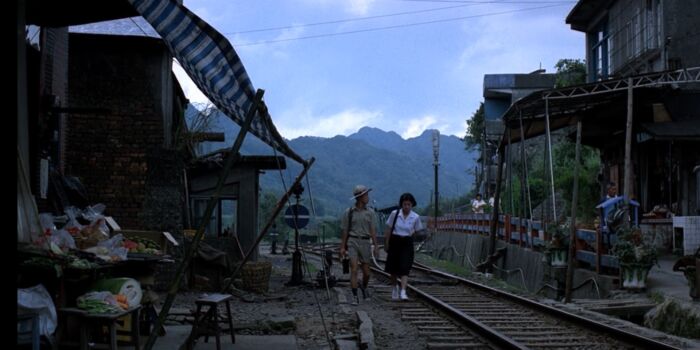
- Kijkwijzer 6
- Geweld



Ah-Ching and his friends have just finished school in their island fishing village, and now spend most of their time drinking and fighting. Three of them decide to go to the port city of Kaohsiung to look for work. They find an apartment through relatives, and Ah-Ching is attracted to the girlfriend of a neighbor. There they face the harsh realities of the big city.
KINO is proud to present (re)introduce you to nine masterpieces from the Taiwan New Wave. These classics have remained underseen in cinemas, so it’s high time we showcase them on our grandest screen. Featuring films from the first and second wave by Edward Yang, Hou Hsiao-hsien, Ang Lee, Tsai Ming-liang and more. The films of this revolutionary movement in cinema history were artistically innovative, but also in their realistic portrayal of the Taiwanese people. They illustrated societal and economic shifts, much like Italian Neorealism in the 1940s. By capturing their cultural identity, these filmmakers created their own voice and their own national cinema. Trailer: Baris Azman
